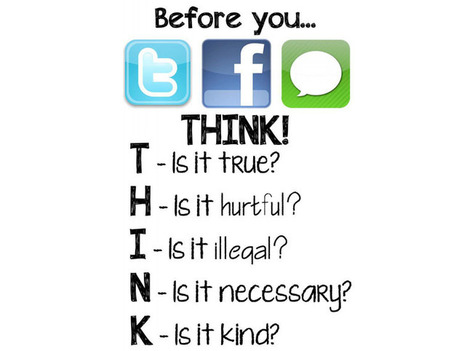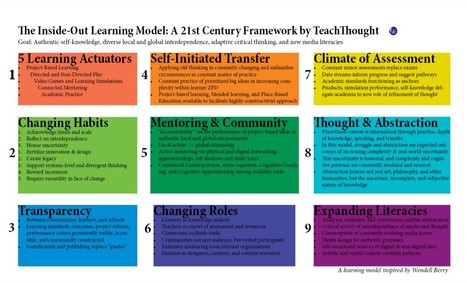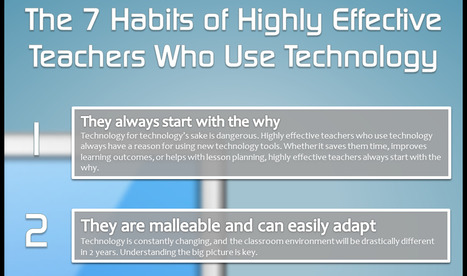"The difference between students and learners is something we’ve discussed before. On the surface it’s a matter of tone and compliance, but it also has to do with purpose–why are they learning? How much of themselves are invested in the process? And does it lead to personal change, or mere performance?
So below are 32 habits–or strategies, actions, or behaviors–that can lead to that critical shift that moves students from mere students to learners who are able to think critically for themselves. Key themes? Patience, scale, and perspective."



 Your new post is loading...
Your new post is loading...



















How often have you tried to get your students to show their critical thinking abilities and walked away frustrated as they struggled to reach the depths you had hoped for? This post shares a wide range of habits (or strategies, actions, behaviors, use the word that suits you) that will help students reach the depths of higher order thinking. Four of the suggestions are below. Click through to the post see all 33 (that's right, one more has been added).
* Thinks laterally, endlessly connecting this to that, here to there.
* Can move back and forth from micro to macro thinking.
* Asks “Why?” almost annoyingly.
* Values questions over answers.